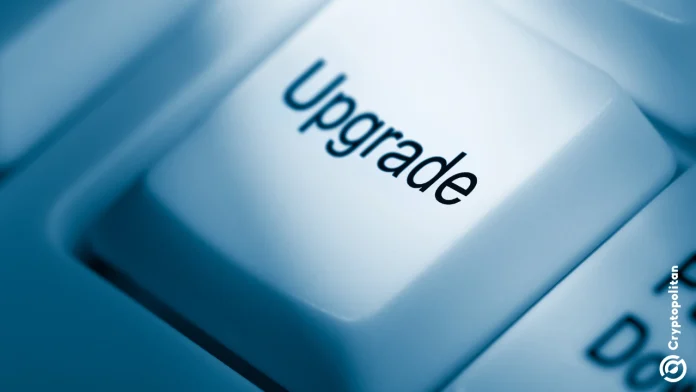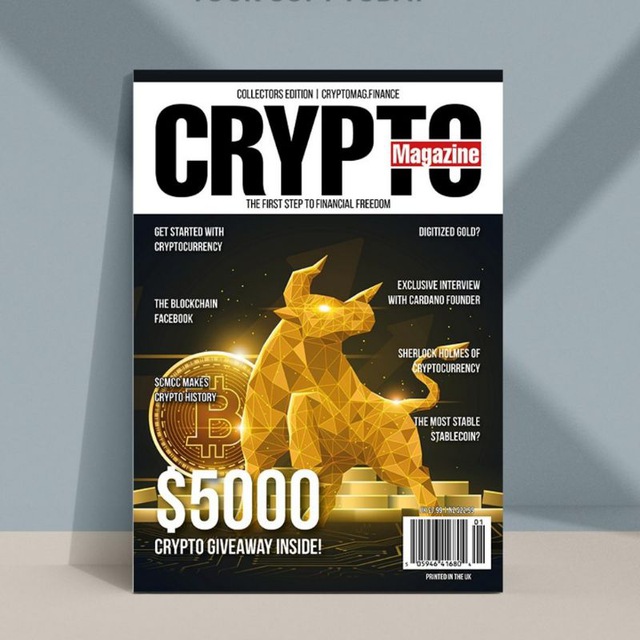A trio of Solana researchers from Solana Labs spinout Anza on Monday proposed what could be the blockchain’s latest upgrade, one that replaces its current technology stack with a redesigned consensus protocol. The developers announced a new system to Solana’s consensus mechanism, called Alpenglow, that aims for near-instant processing.
Anza’s Quentin Kneip, Kobi Sliwinski, and Roger Watternhoffer published that they believe the release of Alpenglow will be a turning point for Solana. They said Alpenglow is not only a consensus protocol but the biggest change to the network’s core protocol.
The researchers also argued that Solana can compete with Web2 infrastructure in terms of responsiveness, potentially making blockchain technology viable for new categories of applications that demand real-time performance.
Solana Labs spinout Anza proposes Alpenglow
1/ Introducing the largest Solana Protocol change ever: Alpenglow, Solana’s new consensus protocol conceived by the Anza Research team. Say goodbye to Tower BFT and Proof of History. Say hello to Votor & Rotor 🧵👇 pic.twitter.com/KPNQxQ1jBg
— Anza (@anza_xyz) May 19, 2025
According to the firm’s whitepaper, the new consensus mechanism proposes replacing Proof of History and TowerBFT with Rotor and Votor. Proof of History is Solana’s core feature that acts as a cryptographic clock so validators don’t have to argue over timing when recording data to the network. The Byzantine Fault Tolerance (BFT) is a way for a group of network nodes to agree on a piece of information.
The company noted that both systems are relatively slow and complex, where TowerBFT needs multiple rounds of voting, while Proof of History relies on a cryptographic clock that can cause coordination delays.
Anza’s researchers also acknowledged that Alpenglow builds on Solana with Turbine, which they say has played a crucial role in addressing the important aspects of data dissemination. They noted that Turbine features a technique where each block is erasure-coded into many smaller pieces, which can be disseminated rapidly.
The researchers revealed that Rotor, which is Alpenglow’s data propagation protocol, embraces Turbine’s approach and refines it. Rotor would also allow for fewer, smarter relay node selections and better bandwidth distribution to push data around the network quickly. The firm noted that, like Turbine, Rotor uses erasure-coding to ensure the block can be reconstructed from a subset of these smaller pieces.
Solana designs Alpenglow to boost speed 100 times
Anza introduced Votor (Voting Component), which takes over the voting and block finalization logic, simplifying the network with faster, more direct communication and quicker consensus. The firm said Votor handles block finalization and can confirm transactions in as little as 100-150 milliseconds.
Transactions fully confirmed in under a second would mark a step-change for layer 1 blockchains, most of which still operate on multi-second confirmation windows. Solana has confirmed it has already experimented with optimistic confirmations to reduce latency, but Alpenglow formalizes it into a provably fast protocol.
The firm noted that nodes vote to either notarize a block or skip it if it arrives late or is deemed untrustworthy. Anza also claims that a block can be notarized in one round if 80% of the stakeholders approve it or in two rounds if 60% approve, using parallel voting tracks for faster and more scalable processing.
“I got nearly everything wrong about consensus, except the important parts: it can’t be in the way of block producers utilizing 100% of the bandwidth 100% of the time. Users need some deterministic finality in one round (2-delta). Alpenglow nails both of these requirements with a simple and elegant design that’s really easy to intuit.”
–Anatoly Yakovenko, Founder of Solana.
Arielle Pennington, head of communications at the Solana Foundation, put it simply: “Apps that feel like TikTok. Payments that settle instantly. Games without lag.”
One of the researchers who built Alpenglow, Roger Wattenhofer, said at Accelerate, a week-long Solana conference taking place in New York this week, that the fastest blockchains claim latency of 400 milliseconds. He added that the new upgrade will make Solana faster than all other blockchains.
At the time of publication, no launch date has been confirmed by the firm. According to Wattenhofer, the new Solana feature could go live as early as the end of this year or early 2026.
Cryptopolitan Academy: Tired of market swings? Learn how DeFi can help you build steady passive income. Register Now




